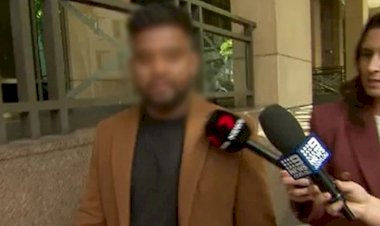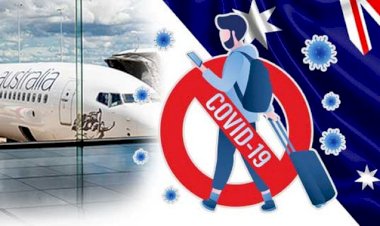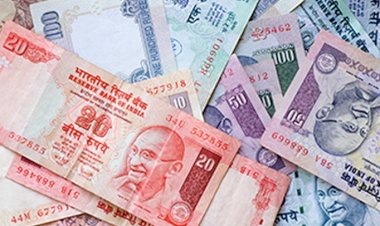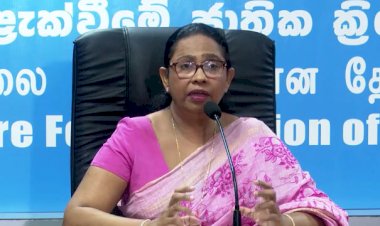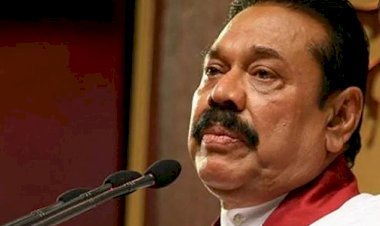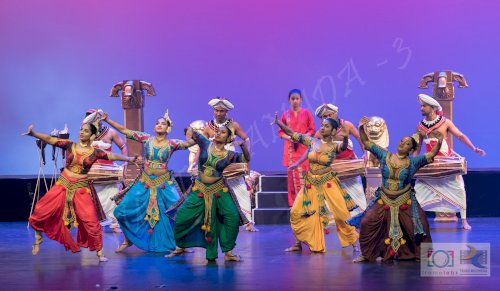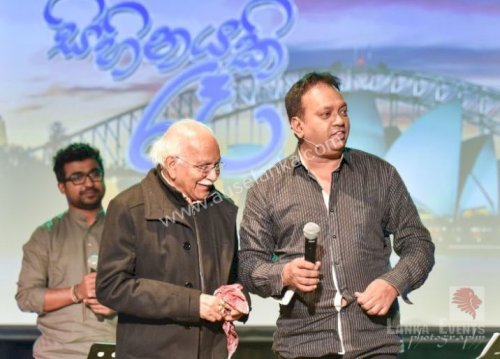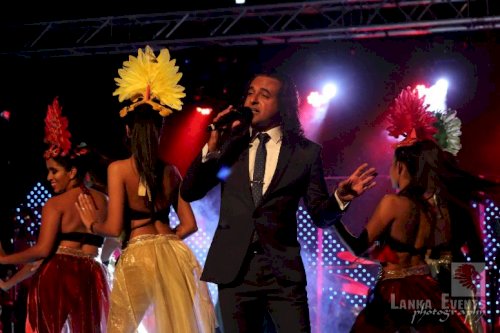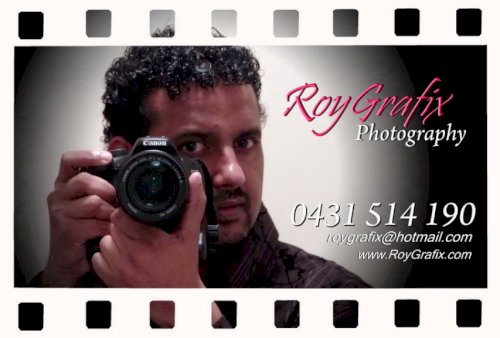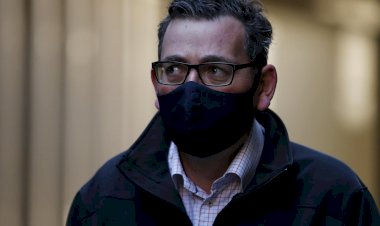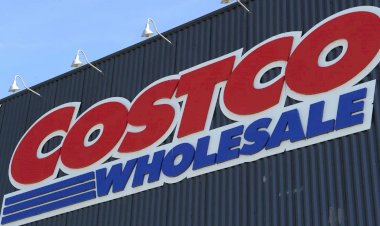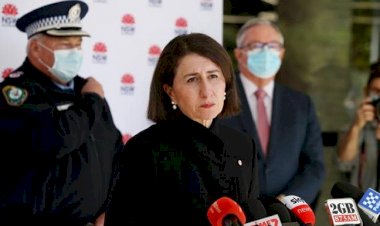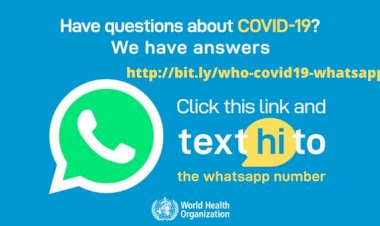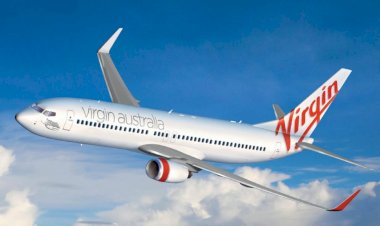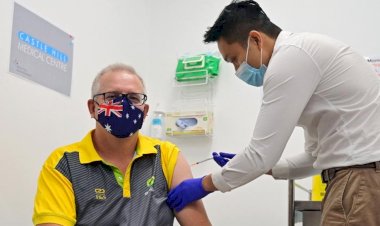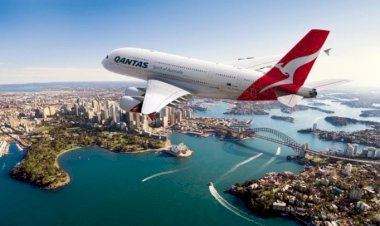Prime Minister Scott Morrison among small group to receive first coronavirus vaccines.
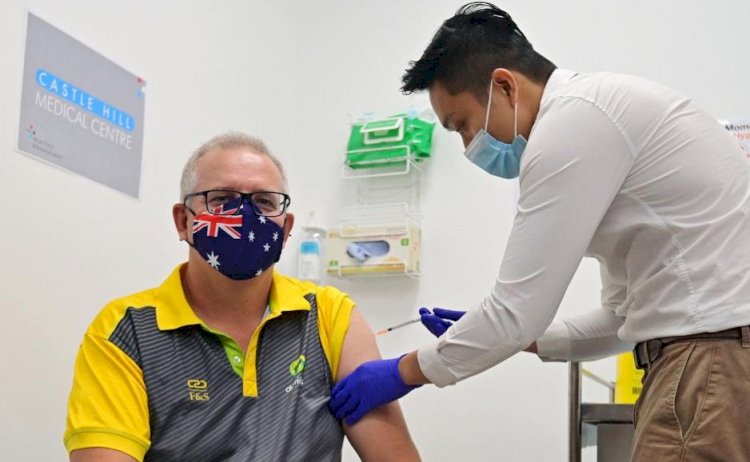
Health authorities have started the national rollout of the Pfizer vaccine against COVID-19 as Prime Minister Scott Morrison and aged residents became the first in Australia to receive vaccinations.
A small group of aged care residents, frontline workers and the prime minister received their jab on Sunday (21) ahead of the national rollout on Monday(22)
The very first person in Australia to receive the first Pfizer dose was aged care resident and World War II survivor, who sat alongside Mr Morrison for what the PM called an "historic day for Australia". Jane Malysiak gets the Pfizer shot at Sydney's Castle Hill Medical Centre before Prime Minister Scott Morrison receives his vaccination.
Chief Medical Officer Paul Kelly and the Chief Nursing Officer Alison McMillan also received vaccinations, as well as healthcare staff and other frontline workers including from the Australian Defence Force and Australian Border Force.
Mr Morrison told the media he had elected to lead the way in receiving the Pfizer vaccine in order to boost public confidence. Up to 4 million Australians are expected to be inoculated by March.
“This is the beginning of a big game change," Morrison told reporters moments after getting injected at a medical centre in Sydney. "Every day that goes past from here gets more normal. And that is what is exciting about today."
The intergovernmental National Cabinet is to review how its five-stage vaccination programme will change the way the country manages the risk of coronavirus transmission in the future, including at its state and international borders.
Reporting a second consecutive day with no coronavirus transmission in the community, Australia has had just under 29,000 infections and 909 deaths since March last year, ranking among the top 10 in a COVID-19 performance index.
Morrison said the vaccine addresses his "greatest fear" as prime minister: "serious disease and the sort of widespread fatalities that we saw overseas."
From Monday morning, a broader "phase 1-A" rollout is to begin among aged-care and disability staff, and border protection and quarantine workers at vaccine hubs nationwide.
"Phase 1-B" vaccinations of immunocompromised people and those over 70 years old, as well as Indigenous Australians over 55 years old and emergency service workers, are to follow.
The vast majority of the population will be injected with the AstraZeneca vaccine, which can be produced locally, by the end of October.
On Saturday, thousands of people attended anti-vaccine rallies in major Australian cities to protest what they incorrectly believed to be mandatory vaccinations.
Speaking at a press conference following today's vaccinations, Health Minister Greg Hunt said he hoped to see 60,000 vaccinations across Australia in the next week.
These would incorporate people from 240 aged care centres and 90 towns and suburbs nationwide, "from Alice Springs to Albany to Altona and so many others".
Larger volumes of the AstraZeneca vaccine will become available in March for Phase 1B of the rollout, when the vaccine becomes available to people aged over 70, high-risk workers such as Defence Force personnel and police, and the disabled and vulnerable.
Around 4000 doses of the Pfizer vaccine are due to arrive in Sydney today, with the state aiming to vaccinate around 12,000 frontline workers in the next three weeks.




 mode1
mode1 






